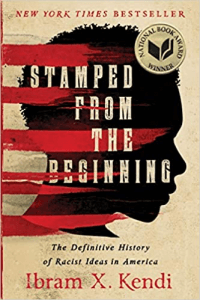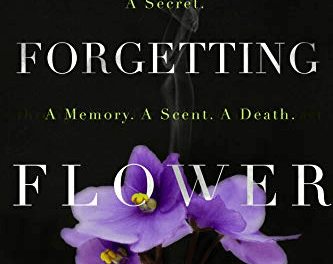Chip Jones is a Pulitzer Prize nominated journalist who brings to life an amazing story. A succinct synopsis is drawn straight from the subtitle of his book: The Shocking Story of the First Heart Transplant in the Segregated South.
To give readers some background into the story, Jones provides an extensive history, running from the Renaissance to the late nineteenth century, of physicians and artists utilizing the services of grave robbers or “resurrection men” to provide bodies for surgical practice and anatomical research. As a physician myself, I know how important these cadavers are for medical study. Because there were so few cadavers available at my medical school, each was shared by seven students, and we practiced suturing techniques on chickens and pork feet rather than humans.
Complicating this practice are moral, ethical, economic, and racial issues. When the Medical College of Virginia (MCV) was opened, one of the primary reasons for its location was the availability of plenty of cadavers—drawn from the slaves that made up one-third of the community’s population as well as poor whites.
Jones highlights the shameful history of systemic mistreatment of black people in America. People were sometimes kidnapped off the streets, killed, then used for medical research. One of the more blatant examples is the US Public Health Service’s Tuskegee Study which ran from 1932 to 1972 in which 600 impoverished black men, sharecroppers in Macon, Georgia, were told they were getting free health care from the government. Without appropriate written consent, they were instead followed for 40 years as researchers sought to study the natural history of syphilis. And even when penicillin became the standard of care to treat syphilis, these men were denied treatment.
Jones shows how pervasive racism was even after the Civil Rights Act of 1964. Bruce Tucker, an African American male, was admitted to MCV after sustaining a serious head injury. Unbeknownst to the family, his heart and kidneys were harvested with his heart being transplanted into chest of a White businessman. Tucker’s family was not properly contacted regarding his admission to the hospital nor approached about donating his organs. Only when the mortician prepared Tucker’s body for burial did the family learn of his missing organs.
Even now racial and ethnic minorities receive substandard health care compared to Whites—even with similar ages, incomes, insurance status, and severity of conditions. Covid-19, for example, disproportionately affects black communities; African Americans die at a rate more than double that of other ethnic groups (50.3 per 100,000 people), compared with 20.7 for whites, 22.9 for Latinos and 22.7 for Asian Americans. Native Americans in New Mexico comprise 11% of the population, but account for 57% of the deaths.

For those interested in transplant medicine, try When Death Becomes Life: Notes from a Transplant Surgeon by Joshua D. Mezrich.
For those interested in racist ideas in America, read Stamped from the Beginning: The Definitive History of Racist Ideas in America and other books by Ibram X. Kendi. It is amazing that these outdated ideas of the white race as supreme can be dated back to Aristotle.
********************
The Organ Thieves: The Shocking Story of the First Heart Transplant in the Segregated South is available through:
The Immortal Life of Henrietta Lacks is available through:,
When Death Becomes Life: Notes from a Transplant Surgeon is available through:
Stamped from the Beginning is available through:
********************
This post contains Amazon Affiliate links. As an Amazon Associate, I earn a small amount from qualifying purchases.















